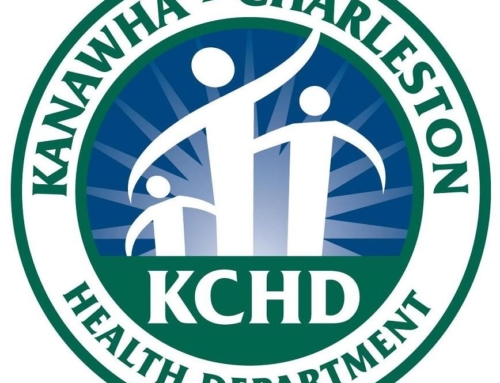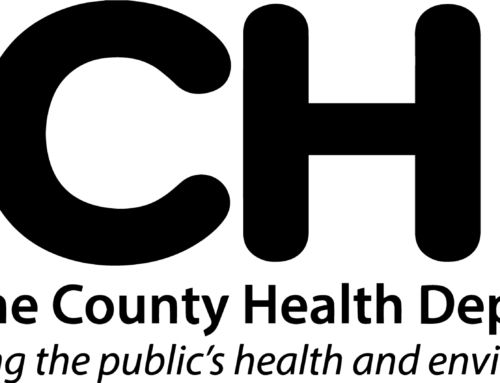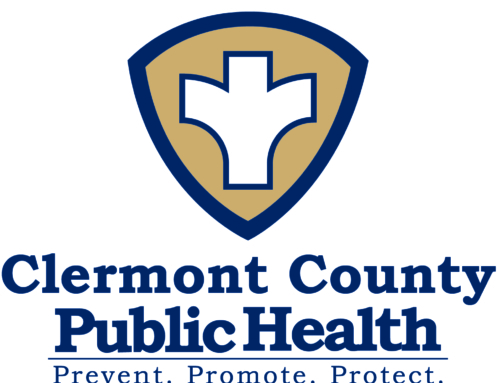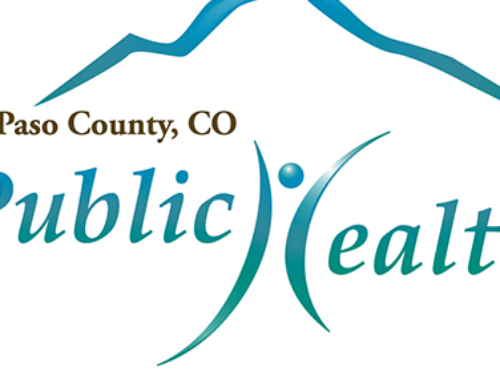Project Description
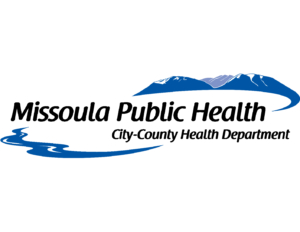
“MCCHD staff would not have made such active moves toward involving the community if we had not gotten the feedback from our site visitors.”
Accreditation Inspires Missoula City-County Health Department to Engage Community Members
By Robin Nielson-Cerquone
The Missoula City-County Health Department went through a site visit in January 2014 and received accreditation that March. We got great feedback from an insightful group of site visitors. One of the “opportunities for improvement” they identified inspired us to move beyond our comfort zone: “Provide mechanisms to involve community members (in non-regulatory ways, beyond typical stakeholder partnerships) in departmental endeavors.”
We are great at working with stakeholders. Missoula is an involved community, and we work with well over 100 partner agencies every year. But our site visitors were right: we had not created or used mechanisms to involve community members in any regular or sustained way.
We applied ourselves to this issue. In the years since our site visit, we have made strides to address this improvement need, including:
- Our workforce development coordinator recruited a University of Montana professor to teach a workshop on gathering public input. The training helped us think through the way surveys and focus groups could let us reach out to community members. About 30 key staff plus eight representatives from partner agencies took part.
- Spurred on by the training, our Environmental Health division contracted with the university to develop meaningful feedback from community members who use subdivision review services.
- Our “Let’s Move! Missoula” childhood obesity prevention program works extensively with the local school system. It has conducted focus groups of students and teachers on issues such as school meal choices, park playground facilities, and activities for before-school active play times.
- Our QI projects have evolved to include more input from community members. In 2017, 5 of our 6 projects included some kind of feedback from people who use our programs or included a community member on the team.
- MCCHD was the lead convener for the Invest Health grant we got in 2016. A key part of that work was to hold walking focus groups in Missoula’s lowest-income target neighborhoods, along with a survey mailed to all residents in those neighborhoods.
- The 2017 Community Health Assessment process included feedback from two parts of the community we don’t normally invite to the table: 1) Surveys and key informant interviews from residents of the rural towns in Missoula County, and 2) 146 surveys of low-income residents conducted through the local food bank, housing authority, and homeless shelter. Results from the survey of low-income residents will be the basis for more targeted surveys or focus groups in the future. The CHA process also brought a few volunteer community members to the table. They had been specifically recruited to bring the perspective of residents.
- MCCHD has taken steps to systematize involving the community in our work. Our new policy for developing health promotion activities follows a quality planning approach that includes seeking community input at critical points.
We feel this is a great start. Before accreditation, we were feeling pretty comfortable where we were, with our wealth of active partnerships and collaborations. MCCHD staff would not have made such active moves toward involving the community if we had not gotten the feedback from our site visitors. We have come a long way in four years, and we have learned the value of drawing our circles wider and listening to the wisdom of our community.
Missoula City-County Health Department in Missoula, Montana, was awarded national accreditation through the Public Health Accreditation Board on March 19, 2014.
About the Author: Robin Nielson-Cerquone is Accreditation Specialist at Missoula City-County Health Department in Missoula, Montana. Contact her at [email protected], or (406) 258-3891.
